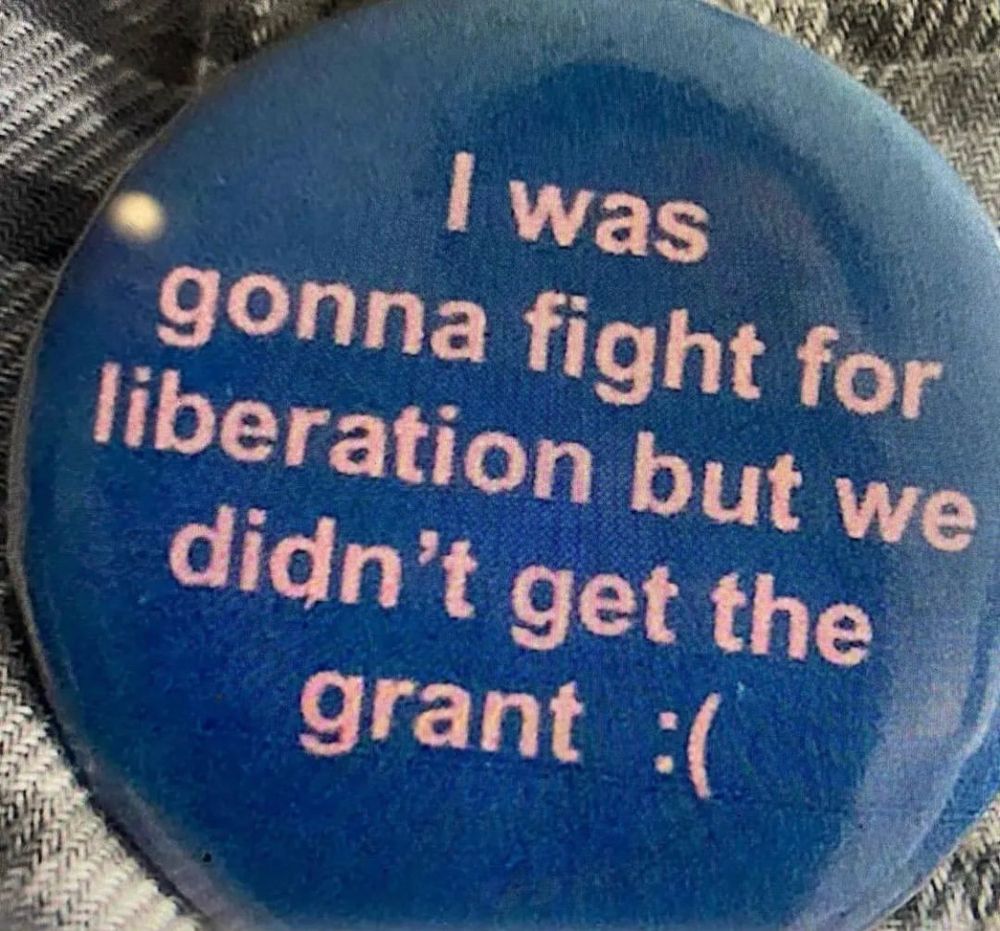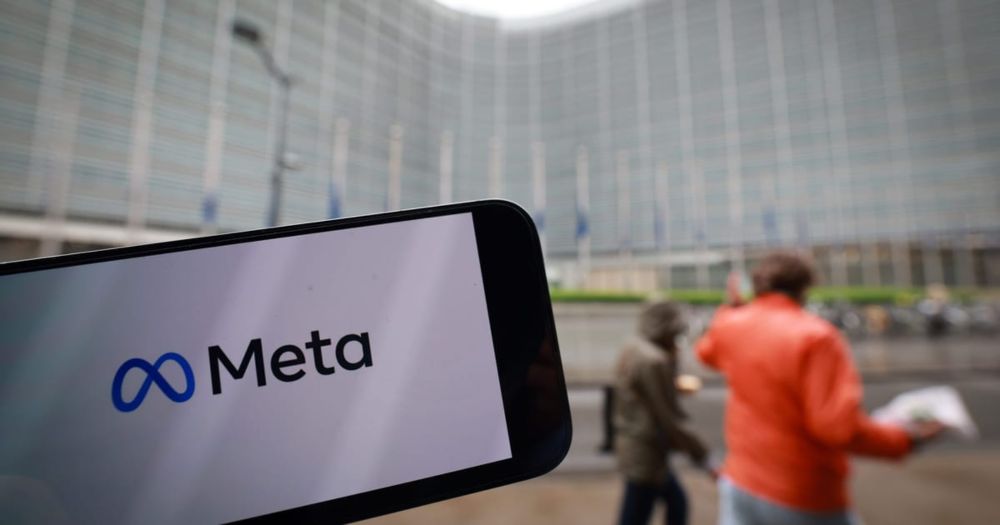dr corinne cath (ccs) is in London
@ccs.bsky.social
1.2K followers
770 following
110 posts
Anthropologist of internet industry & clouds | Head of Global Team Digital @article19.bsky.social | @mctd.bsky.social Univ of Cambridge & Univ of Ams critical infra lab | coffee, climbing, mãe, she/they | https://corinnecath.com/messy-human/
Posts
Media
Videos
Starter Packs
Reposted by dr corinne cath (ccs) is in London
Reposted by dr corinne cath (ccs) is in London
Reposted by dr corinne cath (ccs) is in London
Reposted by dr corinne cath (ccs) is in London
Reposted by dr corinne cath (ccs) is in London
Electronic Frontier Foundation
@eff.org
· Aug 16
About EFA
The Electronic Frontier Alliance (EFA) is a grassroots network made up of independent community organizations. Allies across the United States work to support digital rights and empower their local communities.
The EFA brings these like-minded organizations together to build mutual support and to help each other improve. All members retain...
efa.eff.org
Reposted by dr corinne cath (ccs) is in London
Reposted by dr corinne cath (ccs) is in London
Paul Konstant
@progpk.bsky.social
· Aug 8
Reposted by dr corinne cath (ccs) is in London
Cole Donovan
@colesci.bsky.social
· Aug 8
Reposted by dr corinne cath (ccs) is in London
Reposted by dr corinne cath (ccs) is in London
Hamilton Nolan
@hamiltonnolan.bsky.social
· Jul 27
Reposted by dr corinne cath (ccs) is in London
Reposted by dr corinne cath (ccs) is in London
Reposted by dr corinne cath (ccs) is in London
Reposted by dr corinne cath (ccs) is in London
Reposted by dr corinne cath (ccs) is in London



















